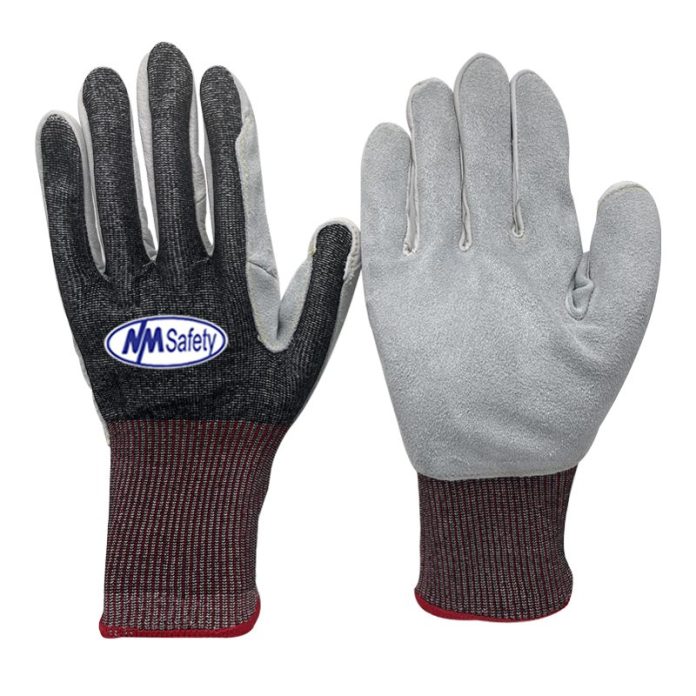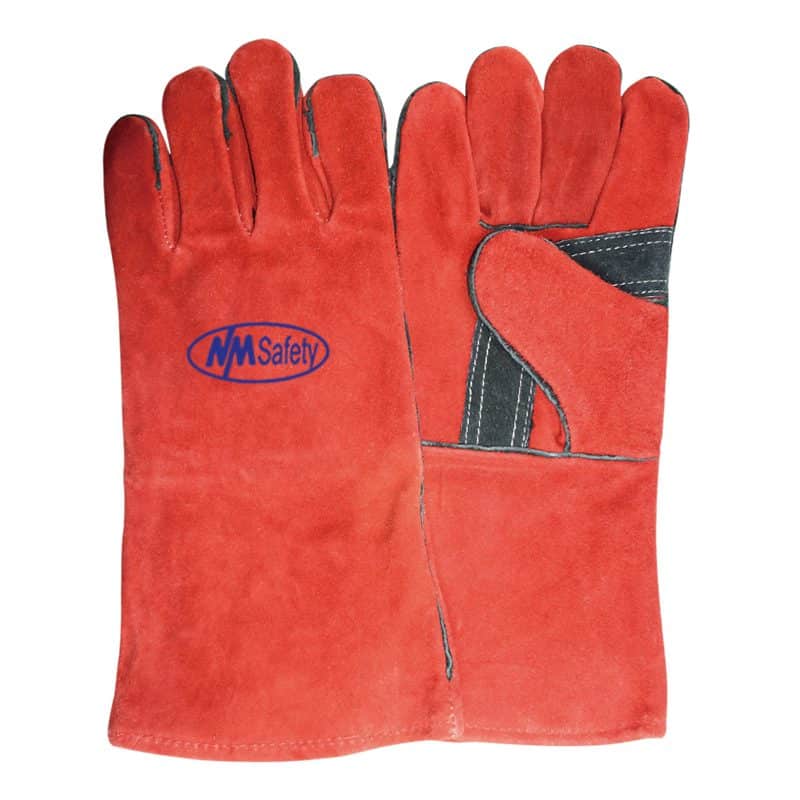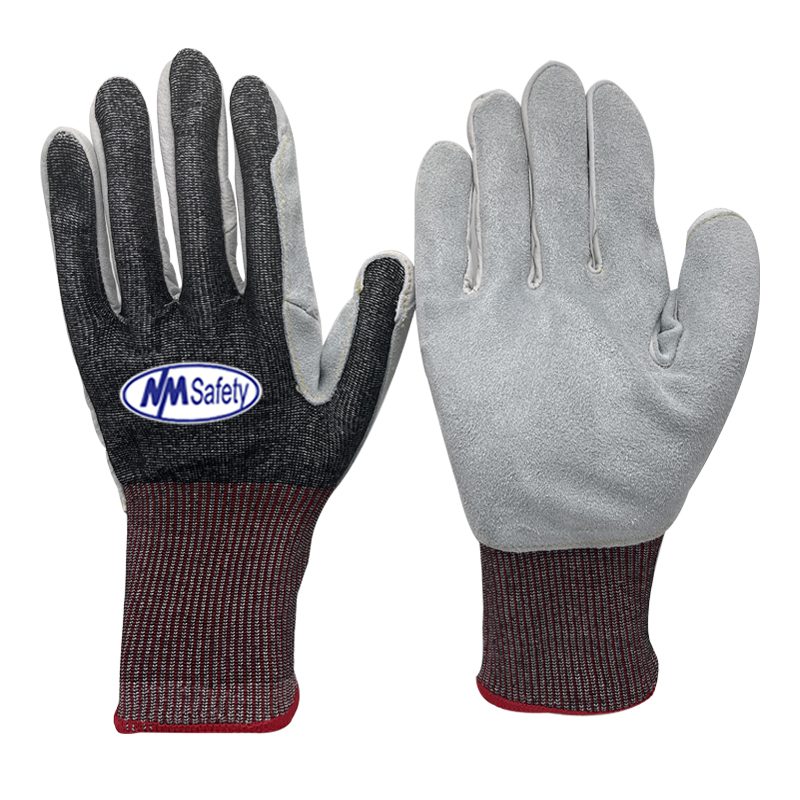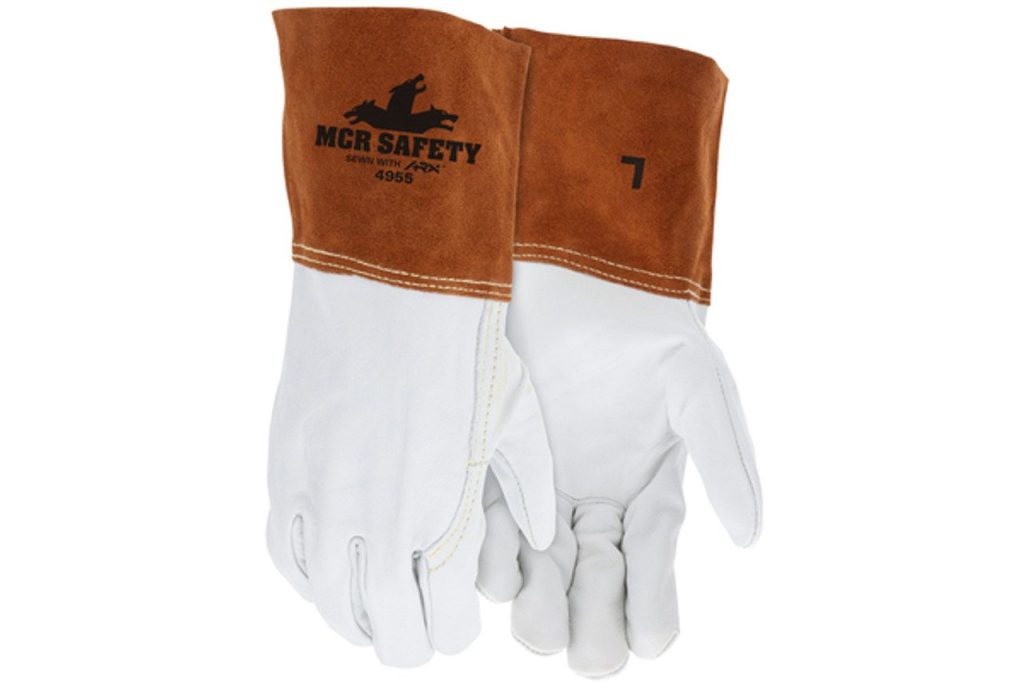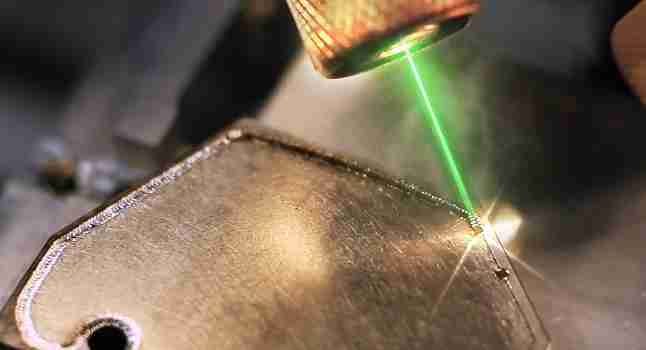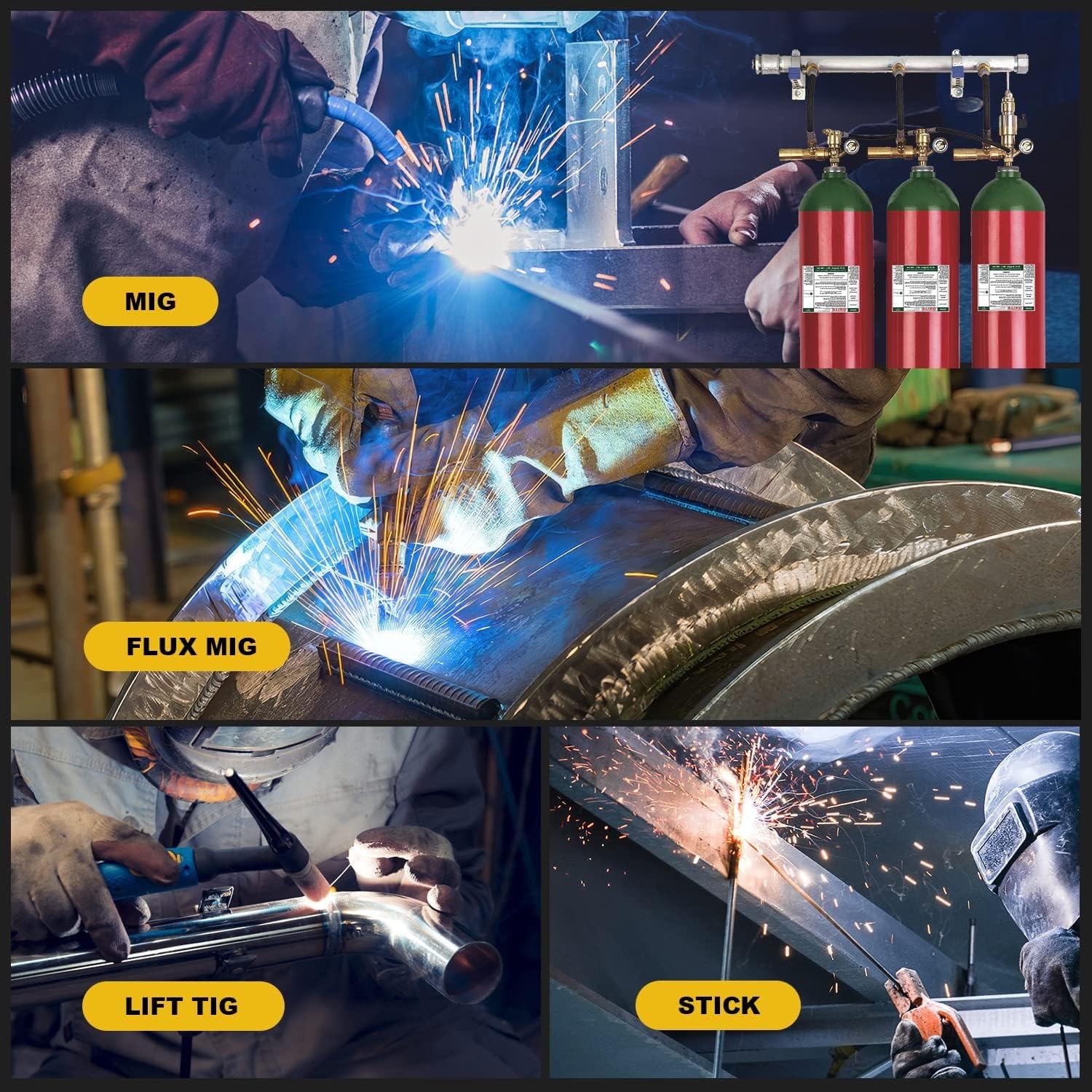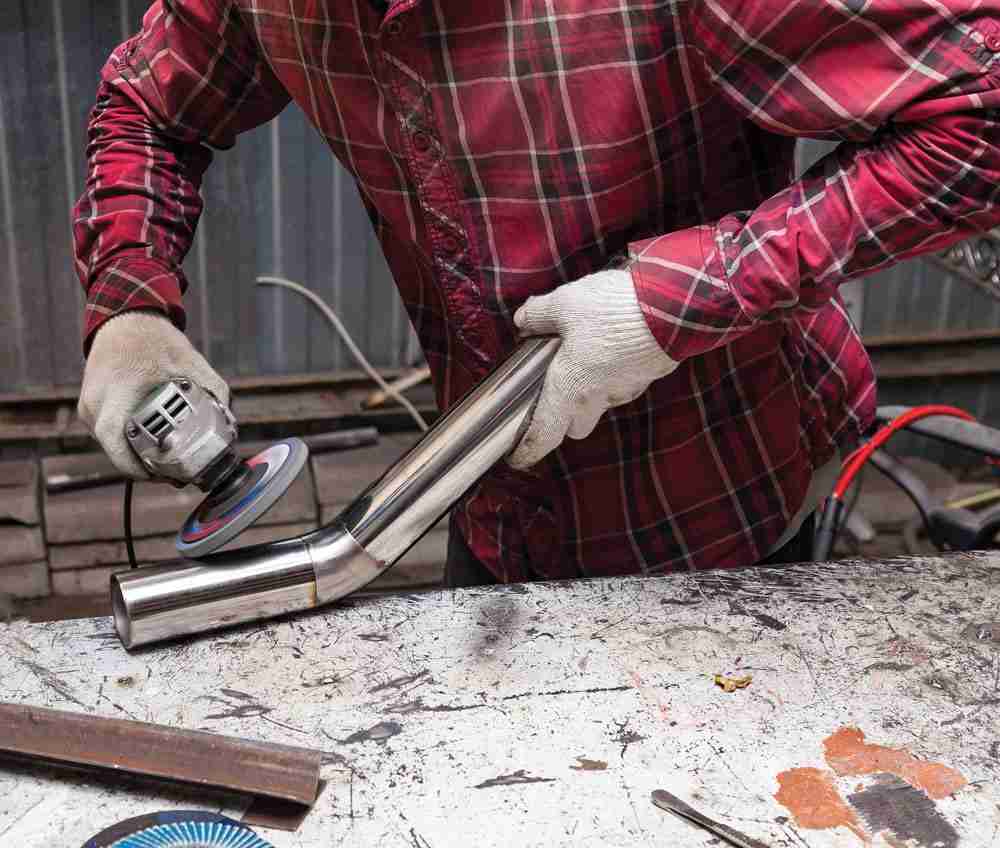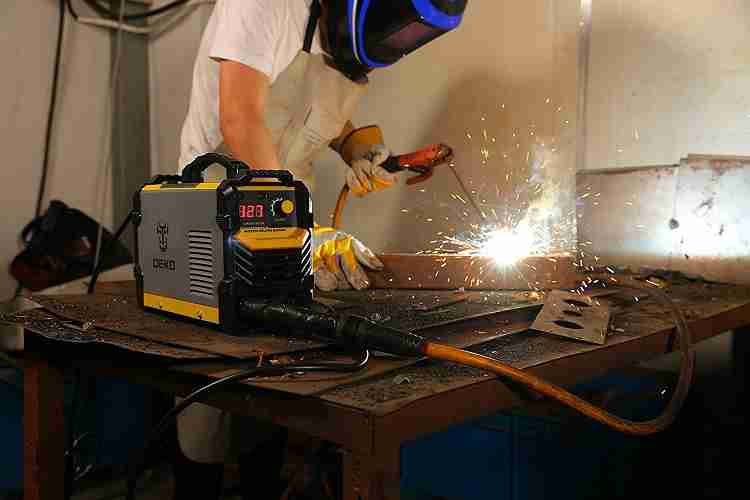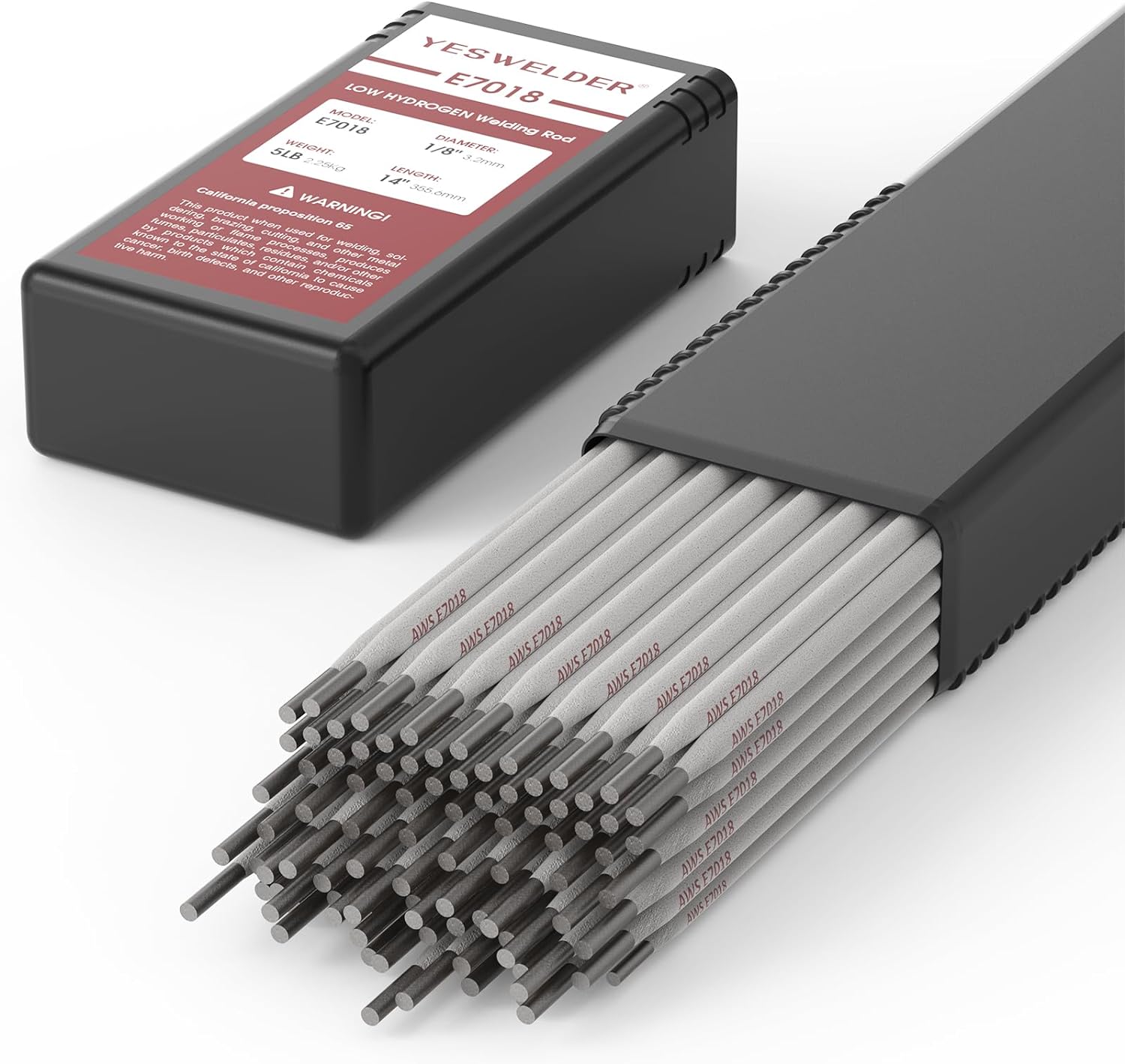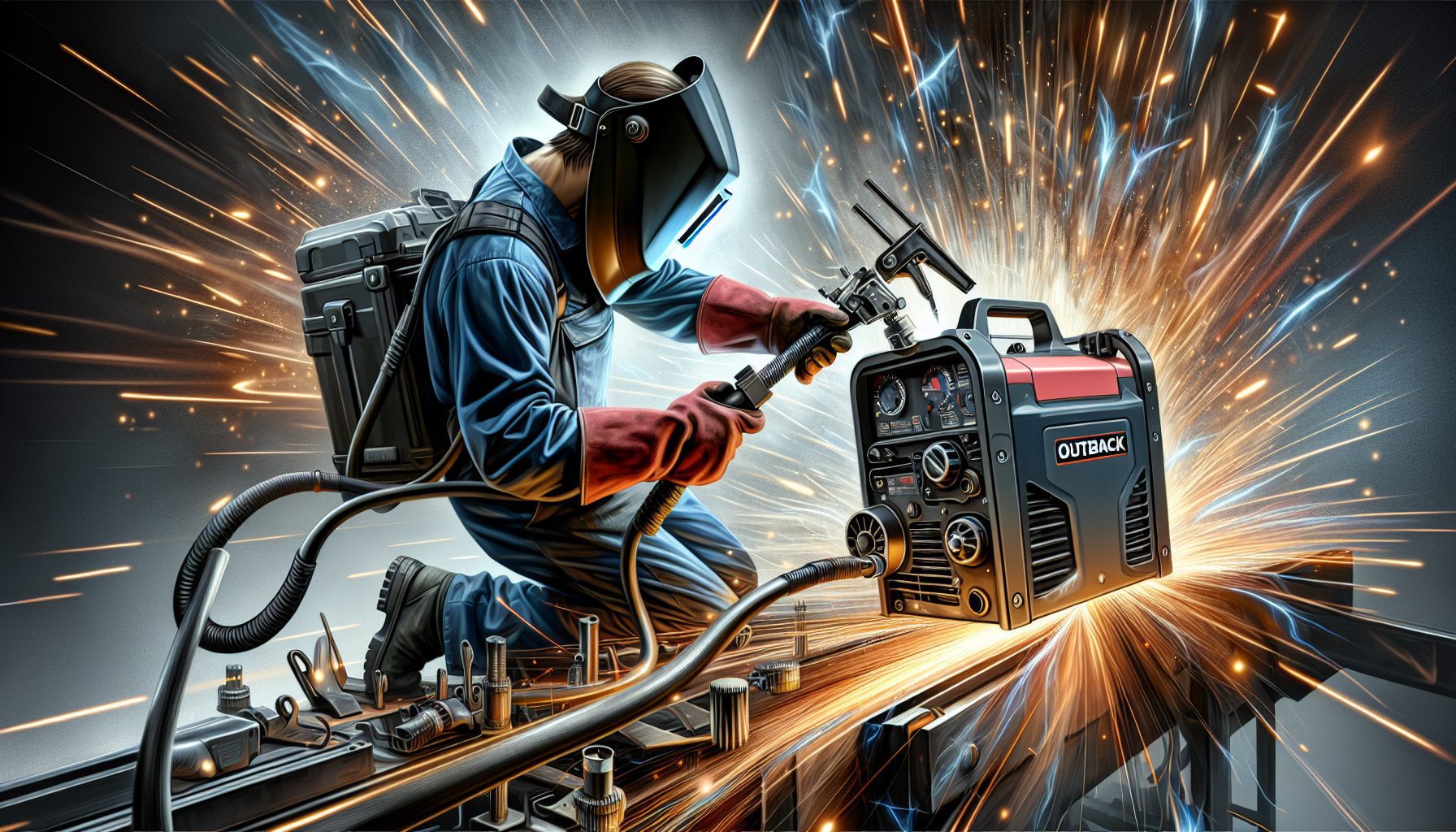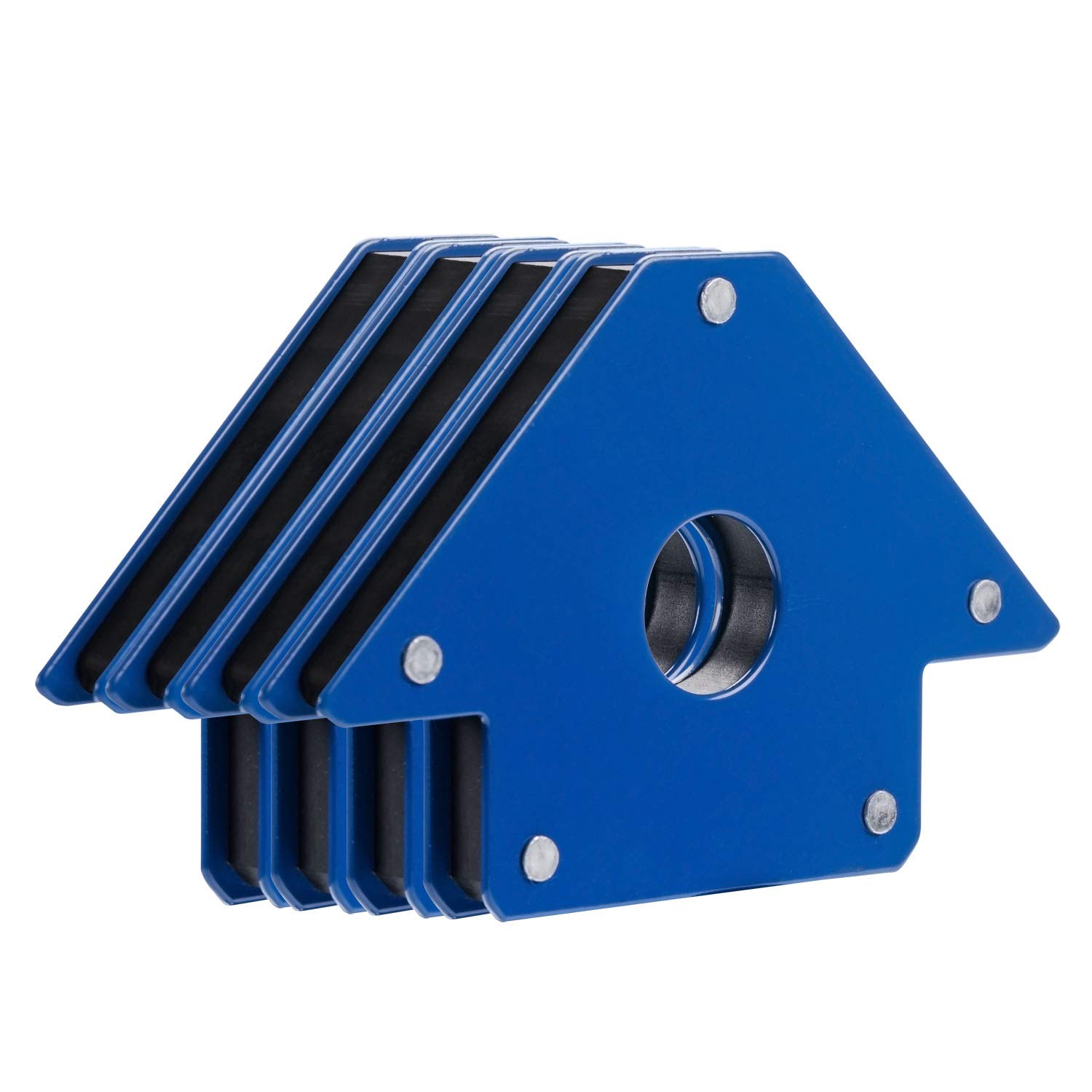Leather welding gloves offer a multitude of benefits that make them an essential tool for welders. From superior heat resistance to enhanced grip and dexterity, these gloves provide the necessary protection and comfort required for a safe and efficient welding experience. In this article, we will explore the various advantages of using leather welding gloves, highlighting their crucial role in ensuring the safety and success of welding projects. So, let’s dive in and discover why leather gloves are the go-to choice for welders across the industry.
Protection from heat and flames
Leather welding gloves offer excellent protection from heat and flames, making them an essential safety gear for welders. The durable and thick leather material is capable of withstanding high temperatures, providing a barrier between the wearer’s hands and the intense heat generated during welding processes. This helps to prevent burns and other injuries that can result from direct contact with hot metal or sparks. Leather gloves are designed to resist ignition and are less likely to catch fire, further enhancing the safety of the wearer.
This image is property of www.nmsafety.com.
Durability and long-lasting
One of the key advantages of leather welding gloves is their exceptional durability and long-lasting nature. Made from high-quality leather, these gloves are built to withstand the rigorous demands of welding work. The rugged construction and robust stitching ensure that the gloves can endure frequent use, resist wear and tear, and hold up well over time. This durability makes leather gloves a smart investment, as they typically outlast other types of gloves, saving users from the hassle and expense of frequent replacements.
Excellent grip and dexterity
Another significant benefit of leather welding gloves is their ability to provide an excellent grip and superior dexterity. Welding can be a delicate and intricate process, requiring precise movements and control. Leather gloves have a natural tackiness that allows welders to maintain a firm grip on their tools and workpieces, reducing the risk of slippage or accidents. With good dexterity, welders can handle small components and perform intricate tasks with ease, enhancing their productivity and overall workmanship.
Resistance to punctures and abrasions
Leather welding gloves offer remarkable resistance to punctures and abrasions, providing an added layer of protection for welders’ hands. The dense and tough leather material is resistant to sharp objects such as metal shards, burrs, and even rough surfaces. This durability helps to minimize the risk of cuts, punctures, or scratches while working, ensuring the safety and well-being of welders. Additionally, the abrasion resistance of leather gloves allows them to withstand the rigors of heavy-duty welding applications, providing reliable protection over an extended period.
Comfort and flexibility
Comfort is a crucial aspect of any protective gear, and leather welding gloves excel in providing a comfortable fit. The soft and supple leather molds to the shape of the wearer’s hand, offering a snug and secure feel. This not only enhances comfort but also allows for better control and maneuverability during welding tasks. Leather gloves are also known for their flexibility, which ensures ease of movement and reduces fatigue, enabling welders to work for longer periods without discomfort or restriction.
This image is property of www.nmsafety.com.
Protection from sparks and spatter
Welding processes produce sparks, hot metal particles, and spatter, which pose a significant risk to the hands. Leather welding gloves are specifically designed to offer excellent protection against such hazards. The thick leather material acts as a barrier, preventing sparks and spatter from reaching the skin and causing burns or other injuries. The inherent fire-resistant properties of leather further enhance its ability to shield the wearer’s hands from these potential hazards, ensuring utmost safety throughout the welding process.
Insulation against electric shocks
Working with electricity in welding requires adequate protection against electric shocks. Leather gloves offer a certain level of insulation against electric shocks, providing an additional safety measure for welders. While leather itself is not entirely electrically insulating, it can offer some resistance and minimize the risk of electric shock. However, it is crucial to note that leather gloves may not be sufficient for high-voltage electrical work, and additional protective measures should be taken in such situations.
This image is property of www.dcglove.com.
Chemical resistance
Certain welding applications involve the use of hazardous chemicals or substances that can damage the skin upon contact. Leather welding gloves provide a degree of chemical resistance, protecting the hands from potential chemical splashes or exposure. While leather is not impervious to all chemicals, it offers a sufficient barrier to many common welding chemicals, reducing the risk of skin irritation, burns, or other chemical-related injuries. However, it is essential to refer to specific chemical compatibility charts and follow safety protocols to ensure adequate protection when dealing with specific substances.
Versatility for various welding applications
Leather welding gloves are highly versatile and applicable to a wide range of welding applications. Whether it’s MIG welding, TIG welding, or even heavy-duty stick welding, these gloves can effectively protect the hands in various working conditions. The robust nature of leather makes it suitable for handling hot metal, welding tools, and other related tasks, ensuring comprehensive coverage and safety across different welding processes. This versatility makes leather gloves a practical choice for welders who often engage in multiple types of welding work.
This image is property of cdn11.bigcommerce.com.
Cost-effective and value for money
Investing in leather welding gloves offers long-term cost-effectiveness and value for money. While leather gloves may be initially more expensive than other types of gloves, their durability and longevity make them an economical choice. Leather gloves tend to outlast cheaper alternatives, especially when subjected to regular use under demanding circumstances. By choosing leather gloves, welders can enjoy extended protection and minimize the need for frequent replacements, ultimately saving money in the long run.
In conclusion, the benefits of using leather welding gloves are numerous and significant. From providing excellent heat and flame protection to durable and long-lasting performance, these gloves offer a range of advantages. Their grip and dexterity, resistance to punctures and abrasions, comfort and flexibility, as well as protection from sparks, spatter, and chemicals, make them a versatile option for welders in various applications. Additionally, leather gloves offer insulation against electric shocks, adding an extra layer of safety. With their cost-effectiveness and value for money, leather welding gloves are undoubtedly a wise investment for welders seeking reliable and comprehensive hand protection.


